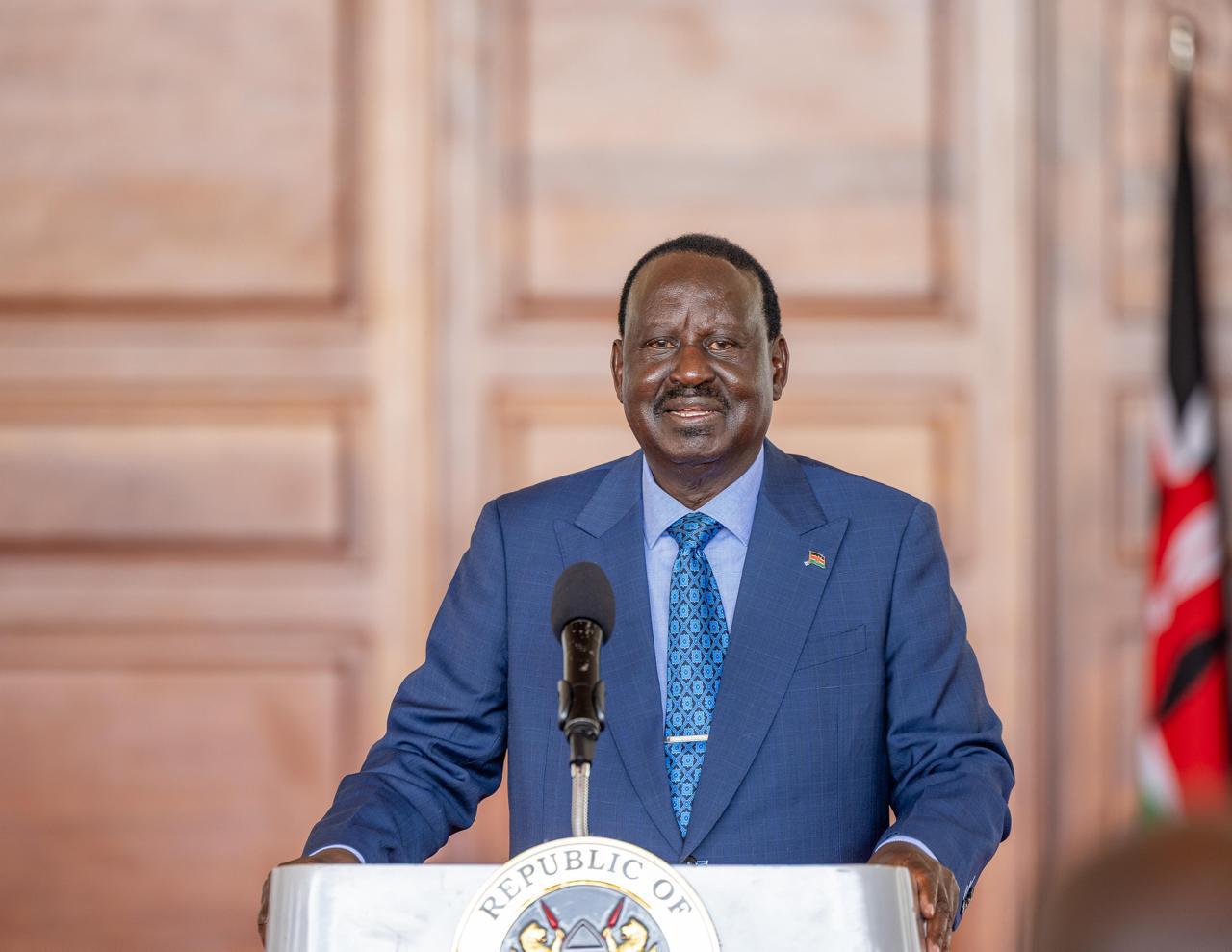Raila calls for peace, acknowledges nation's difficult moment

Speaking during the final day of a two-day National Executive retreat held at the KCB Leadership Centre in Karen, Nairobi, on Friday, June 20, 2025, Raila emphasized the need for national cohesion over individual or political aspirations.
ODM Party leader Raila Odinga has appealed for calm, saying the country is going through a difficult and delicate moment following a recent wave of protests and growing political tensions across several regions.
Speaking during the final day of a two-day National Executive retreat held at the KCB Leadership Centre in Karen, Nairobi, on Friday, June 20, 2025, Raila emphasized the need for national cohesion over individual or political aspirations.
“I believe strongly that no matter our disagreements, visions, or disappointments, we must have a country first,” Raila said.
“We may hold as lofty visions as we wish, but without a nation to implement them, they remain mere wishes and deferred dreams. An imperfect country striving to become a more perfect union is far better than a country that collapses.”
He expressed concern over the current political climate, pointing to an emerging pattern where some politicians feel entitled to power.
“This review comes at a trying time for the country a time when some citizens are demanding better services and a greater say in governance, while others believe they must be in power. Both groups are Kenyans. Both deserve to be heard,” he stated.
Raila’s presence at the retreat the highest decision-making forum of the party’s executive reaffirmed his central role in the current government structure.
His participation also marked his first appearance at such a high-level meeting since the signing of a political pact between ODM and UDA on March 7, 2025.
“This is the first retreat since ODM and UDA signed an MoU that not only helped preserve the nation but also outlined a broad, people-centered, inclusive, and pragmatic approach to service delivery,” Raila noted.
The Memorandum of Understanding signed at the Kenyatta International Convention Centre (KICC) included key commitments such as full implementation of the National Dialogue Committee (NADCO) report, tackling the high cost of living, addressing youth unemployment, and establishing a framework for achieving the two-thirds gender rule.
Both President William Ruto and Raila also pledged to reinforce devolution through adequate and timely funding to counties.
In addition, the agreement underscored the need to uphold civil liberties including the right to peaceful assembly and called for amnesty and compensation for individuals who were charged or injured while exercising their right to protest.
However, civil society groups and sections of the public have raised concerns over the slow implementation of these promises, especially regarding victims of police brutality, many of whom continue to face huge medical bills or await justice and compensation for loved ones lost during demonstrations.
